This article is brought to you by StatBanana, the best Dota 2 strategy tool.
The debut esports focused documentary from the Red Bull Media House that released today follows the OG Dota 2 team as they completely turn a season that nearly saw the end of the team, into a win at The International 2018. Against the Odds documents the history, turmoil, and eventual history-making run of OG with interviews with the entire team, its staff, and other Dota 2 experts.
The Red Bull media team is known for creating films that focus on telling stories about the lesser-known aspects of culture, lifestyle, sports, and now esports. This documentary isn’t just about Dota 2 and OG winning TI8, it is also meant to show just how important human interaction is in esports.
Before the documentary was officially released, Dot Esports was able to talk with Aaron Saffa, the founder of 705 Hollywood, GrizzlyMug, the director of the film, and John Dorsey, the executive producer. The interview covered just what it takes to make a documentary like this, the unique aspects of documenting esports, and the impact this film could make once released.
As Red Bull’s first esports documentary, this goes into the entire story of OG as a franchise and details just how the team was formed and how they could never quite make that jump to the next level. What was the one aspect of this documentary that you really wanted to focus down on?
GrizzlyMug: I think when most people think of OG they thing of [Johan “N0tail “ Sundstein] and [Tal “Fly “ Aizik] and I mean of course they started OG so that makes a lot of sense. Of course, that relationship between the two being what it was is also pretty unique, but when you dig into the history of OG and the players you realize that [Sébastien “Ceb “ Debs] was there from almost the beginning as well. I think what was the most interesting to me wasn’t just how the relationships between N0tail and Fly developed but just the relationship between all the players.
I think it would have been very easy to focus on N0tail and Fly because it makes an easy bite to talk about. But all of the relationships on the team interested me. Especially when [Anathan “Ana “ Pham] joined because I think we can all relate to him since he came in with less experience than the others had, I feel like that made him a lot more relatable as a part of the story.
Red Bull has done a lot of work with interesting topics before, Playing it Old School immediately comes to mind as something that was unique and out of the norm. What made this story about OG a good pick for a documentary and was there a significant screening process beforehand?
Aaron: Speaking to what makes a story great, whether it be esports or something else, it has to be inspiring at its core. This was a truly inspiring story, it is the ultimate Cinderella story in esports, but the fact that it is esports is almost not relevant. It is relevant to us and to GrizzlyMug because he has made dozens of films about esports, but we are all steeped in that world and understand it. What all three of us do is tell inspiring stories. We have done a lot in esports, we were at TI8, we follow Dota and that is all great, but whether you are into Dota and esports or not this is just a great story to tell.
How did the esports aspect of this project change how it was made in comparison to your previous work? And for GrizzlyMug, how did OG, in particular, affect your typical directing work?
GrizzlyMug: I started directing in esports by creating player profiles for Valve and then later teams. The biggest difference for this one was two-fold. The first difference was Red Bull. They facilitated the player schedules, the access, and the support to get us what we needed to tell the story and I think that was a big difference-maker. And since this is telling the story of a team, pro player schedules are crazy and when people thing think about kids playing video games for a living I don’t think they get just how hard they work or how much they are on the road. Tracking them down can be an ordeal, and here we had not one pro player like is usually the case, but the entire team plus coach and manager.
For me, that was probably the most exciting part to me. I could get all the different stories and compile them in a way that brings them all together. So maybe they didn’t start together, but the whole point of the film is how this brings them together.
John: The truth is, in terms of how you approach this differently, you shouldn’t have to. If the DNA of the story, if the core of the story has the right human elements you shouldn’t have to approach it any differently then how you would approach a story about someone like Sugar Man. Someone who was unknown to the whole world, but has an amazing story.
In any good documentary, you provide a little bit of context so you can understand the kind of ecosystem a story sits in, but there should be certain characteristics that are relatable regardless of what world you transpose it into. So the cool thing for us coming from traditional sports documentaries, there are echoes and patterns of human behavior that are always there no matter what world they happen to be set against. The guys at OG are humans who are interesting and this film and this story hinge on that because the elements of betrayal and togetherness are put through a very relatable lens.
Going into production when you were laying out the storyboard and getting everything read, was there one aspect of this story you originally thought you wouldn’t get a lot out of and it actually turned out to be one of the bright spots?
GrizzlyMug: For me it was Ceb. He was the coach and of course became the player, but I thought I knew about Ceb. But then all of a sudden I am talking to him and asking him questions and it quickly became clear that I really liked this guy’s take on life. And I could see how his outlook would be really helpful when you are going into a situation like OG was in, but I didn’t expect that looking back. When we started digging through footage from like TI2 and seeing him (Ceb) there and how he evolves and then steps away. Every step of the way, I was just very taken by his story and to see his journey and how much it ended up meaning to the story was really unexpected.
John: For me, it was looking past the general narratives and seeing that Ana was a great example of dealing with the modern-day internet and how social media affects people. In the NBA right now there is a huge thing going on about depression where these guys have games every night and they walk off the court to the locker room and check their phones. And if they had a bad game they are being scrutinized by social media, and this is the first generation dealing with that. But in other sports, you slowly learn how to deal with that coming from high school to college and then to the pros if you make it that far.
Whereas in esports, these guys are plucked from almost obscurity in your mom’s house to playing for millions of dollars with no escalating acclimation to the atmosphere. These kids at 17 years old live and work on the internet. They have to face so much more online blowback every day because they work in that space. It gave me a new appreciation for these guys because they are living in an environment that I don’t think a lot of people really understand.
Aaron: My role in this isn’t a creative one, but I do play Dota poorly and really like the game. And as a casual who has been to TI several times, it just occurred to me how much each player’s person and self shine through in what kind of player they were. How much their personality translates into the game was something really cool to see and I think is something that Dota fans will see and appreciate when viewing the film. Whereas casual fans will gravitate more towards the human aspects of the story, but for the Dota fans, it is just so cool to see just how deep and complex this game can really be against the backdrop of a human’s character.
Since this project has taken so much out of you and it is now being released out into the world, what was something that you got out of this project?
GrizzlyMug: Honestly, I think gaming and esports need something like this right now. With the timing being what it is and what I got out of, and what I hope others get out of it is that there is nothing different from these kids that play professional gaming and anyone else that has a passion for what they love. If you want to do what you love for the rest of your life you gotta work your ass off and be grateful that you are talented. And I don’t care who you are, anyone can relate to that. So to look down on these players, on the esports or gaming scene without understanding it, what I got from it is there is no difference between this world and any other world. Not just in sports -we all have that in common and anyone can watch this movie and get behind this.
Aaron: That would be my take away as well. Both sides of this equation, those outside of the gaming can get get a better look at esports and see just how amazing that world is, especially right now when video games are getting an unfair negative connotation put next to them. And hopefully, the other way around as well, that making a documentary about esports and making that world more accessible to others will make those inside the gaming world understand it is okay to let others in.
John: My hope is that this film is looked back on as the time that games go serious. This is the moment that kind of proved that this world is every bit as deep and rich as any other scene. If Grizz and his passion have helped illustrate that the way I think it has, I think the time is now.


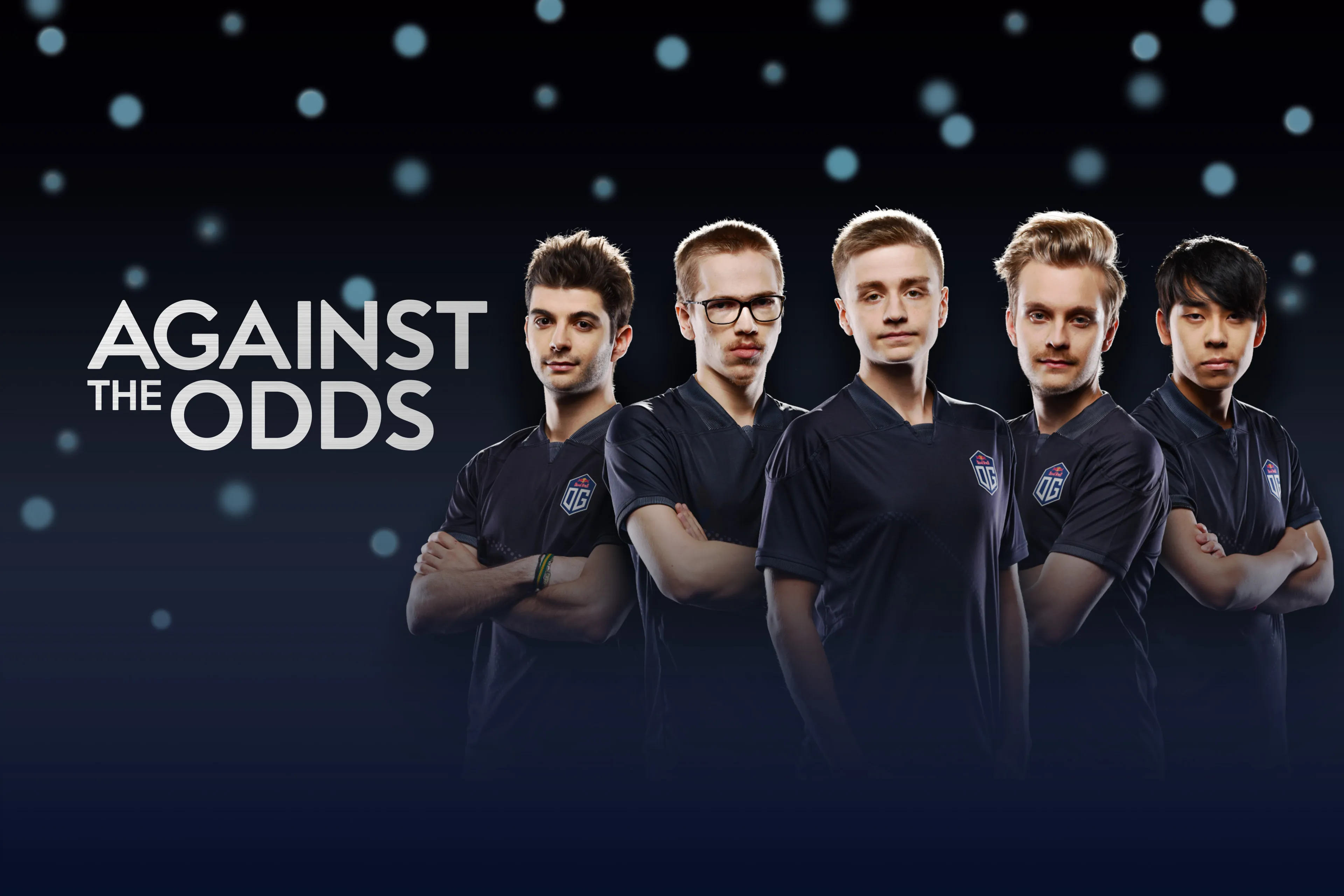

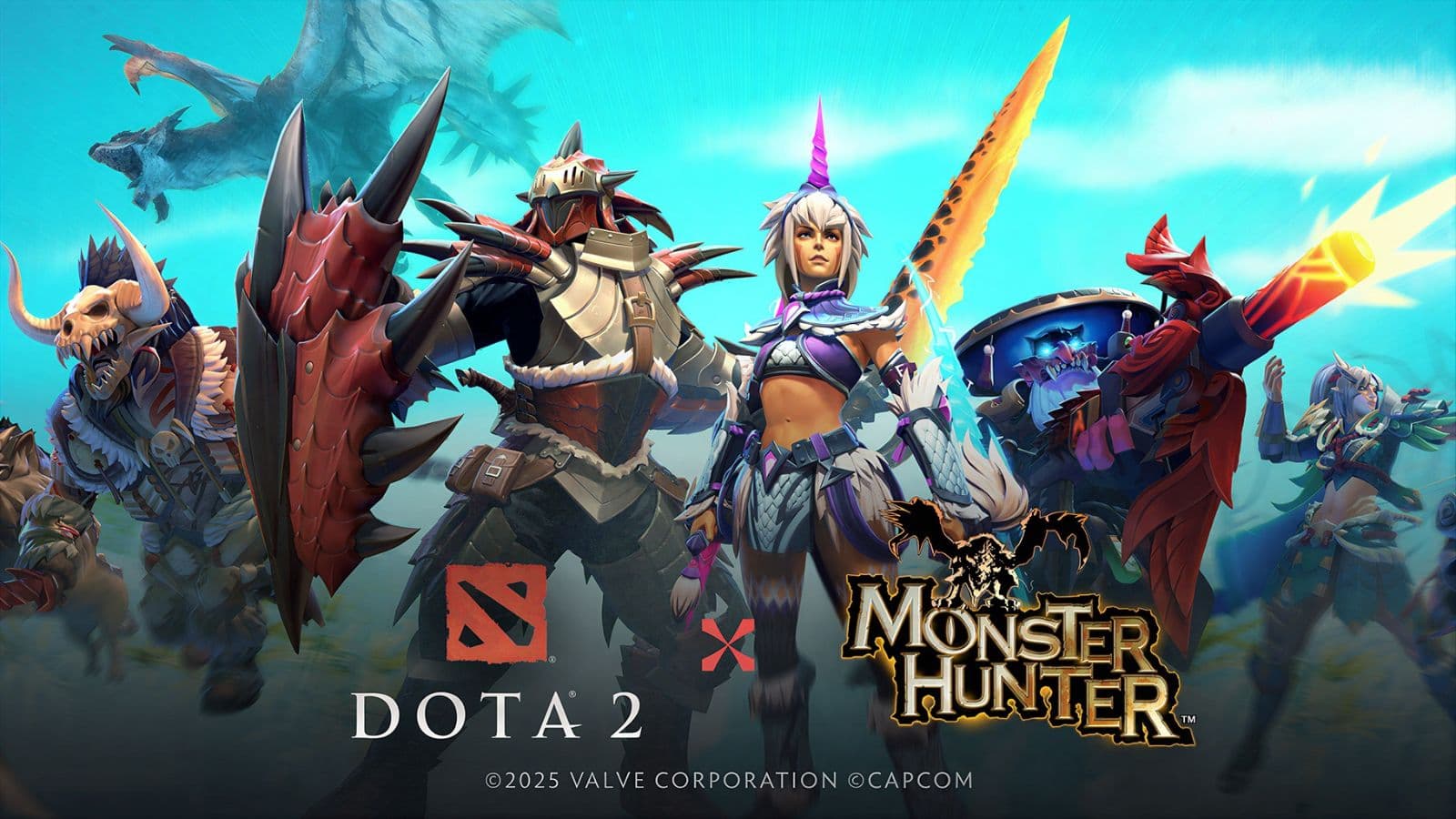
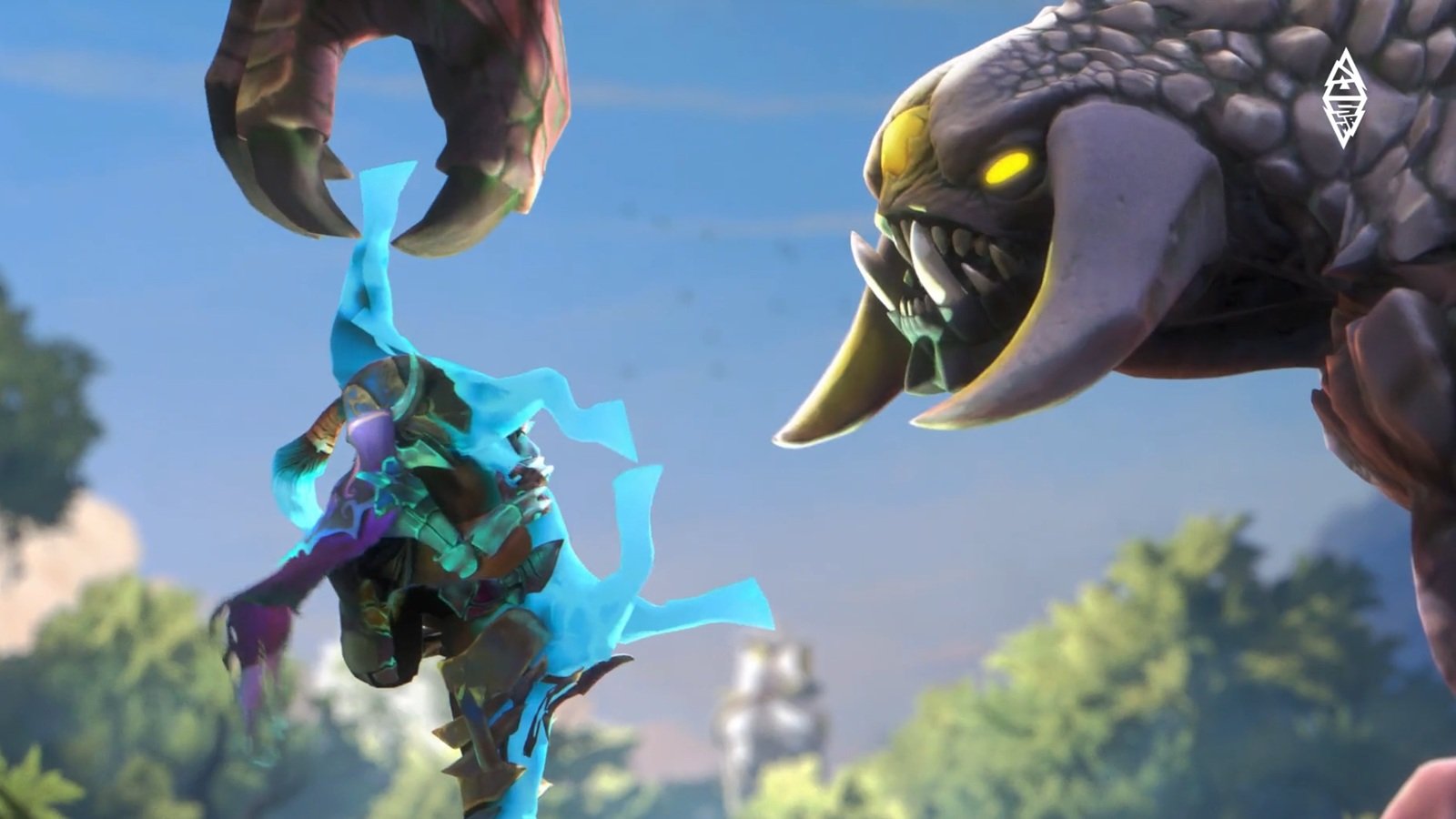
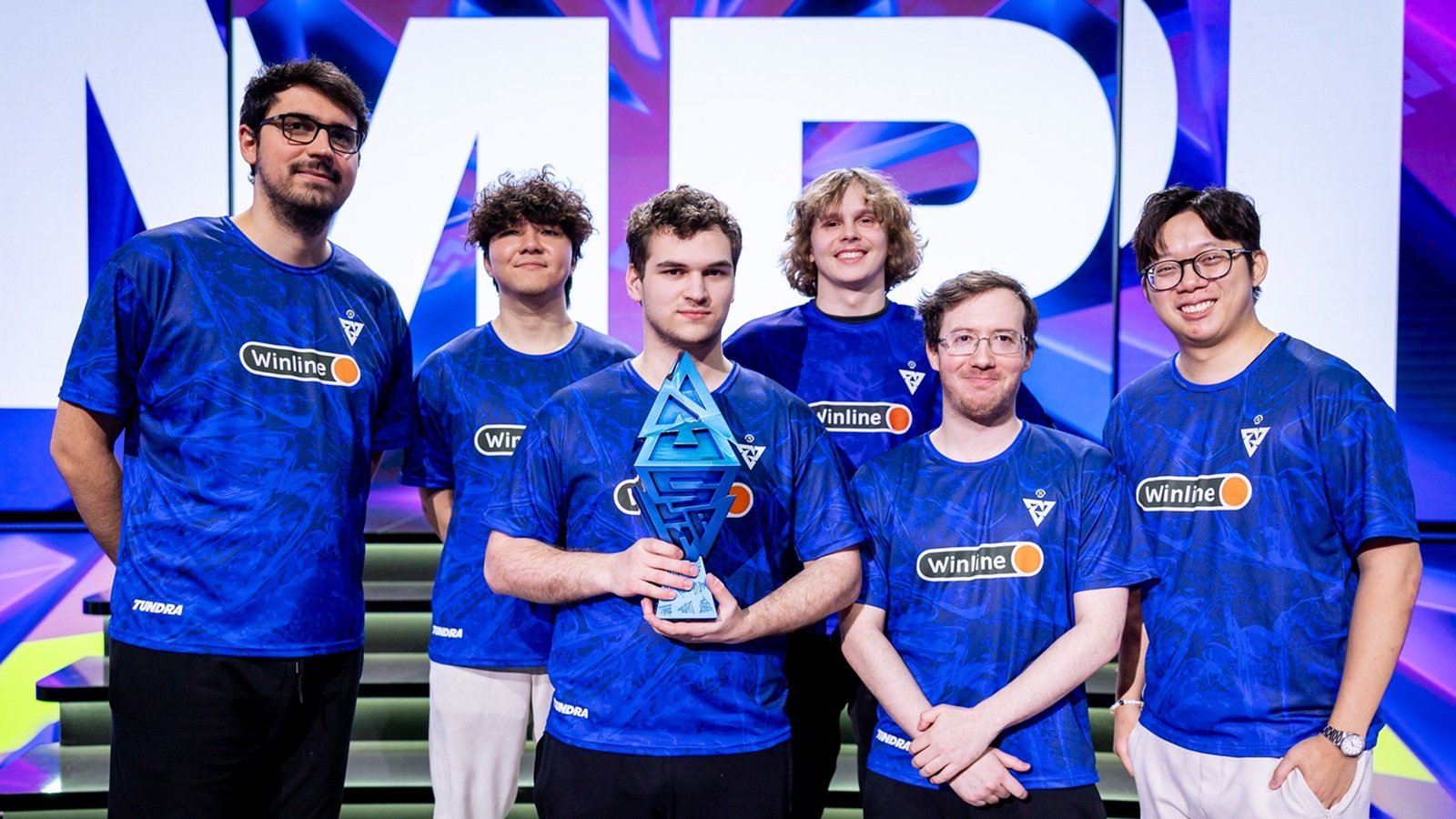
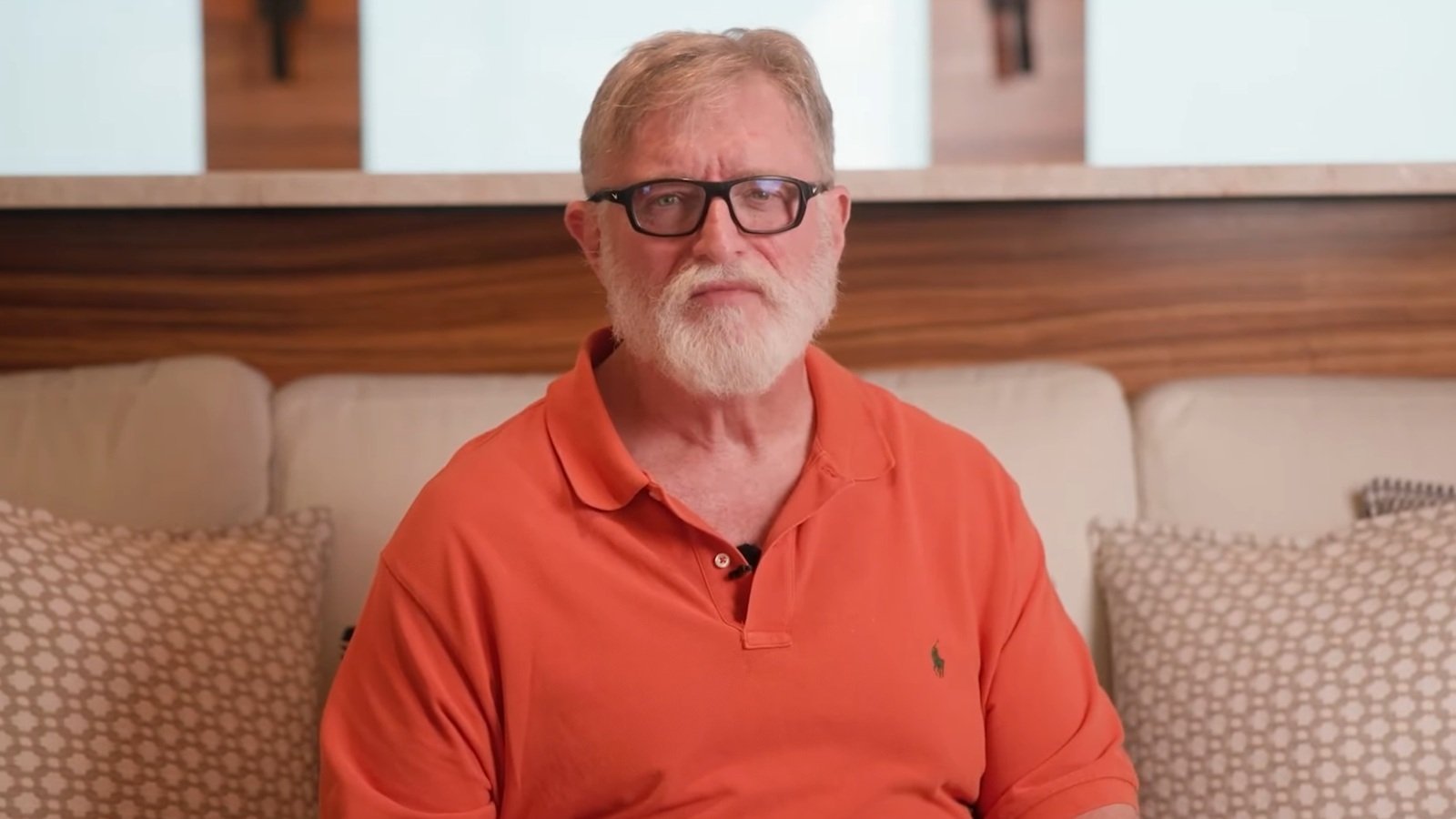
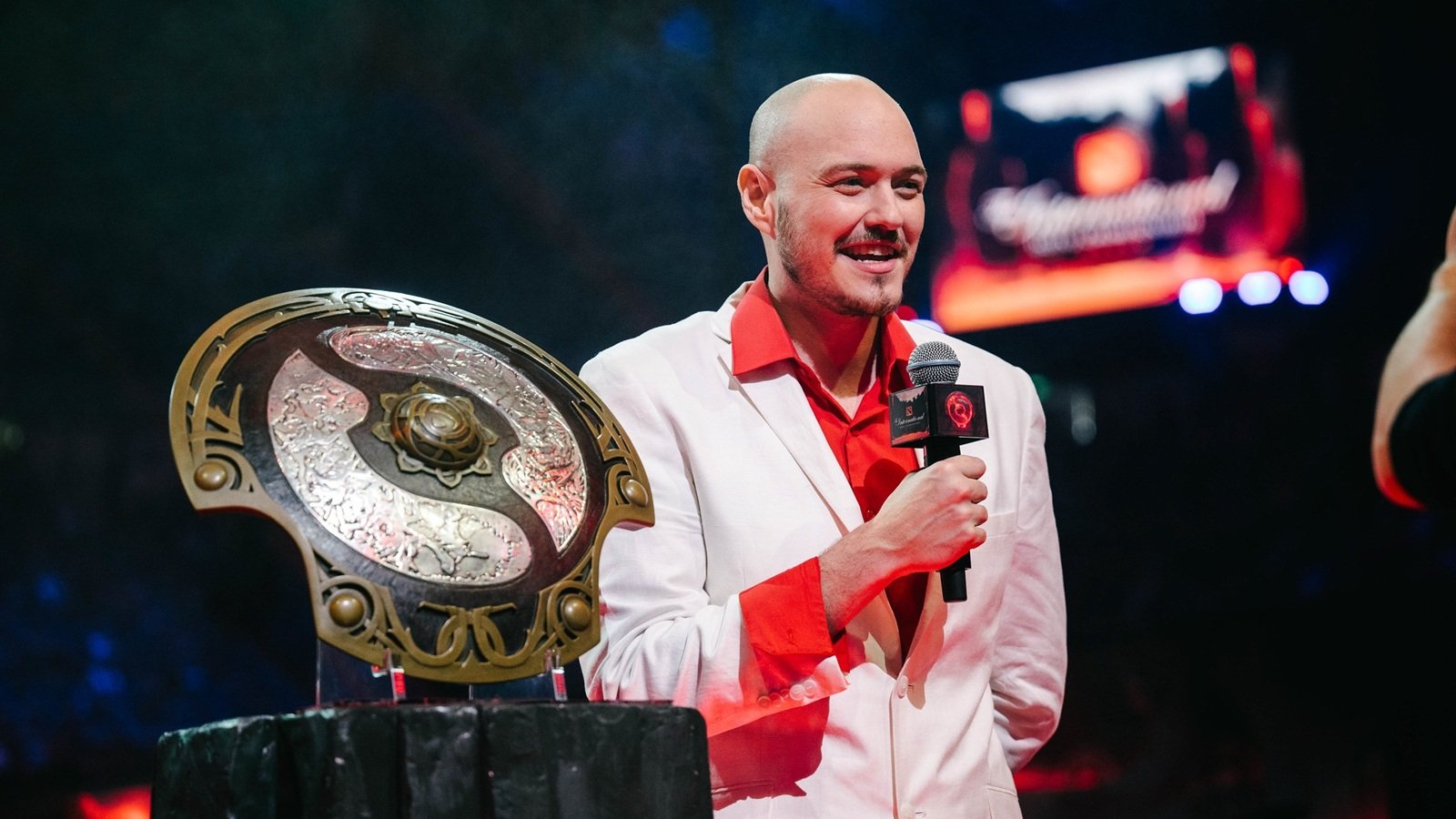


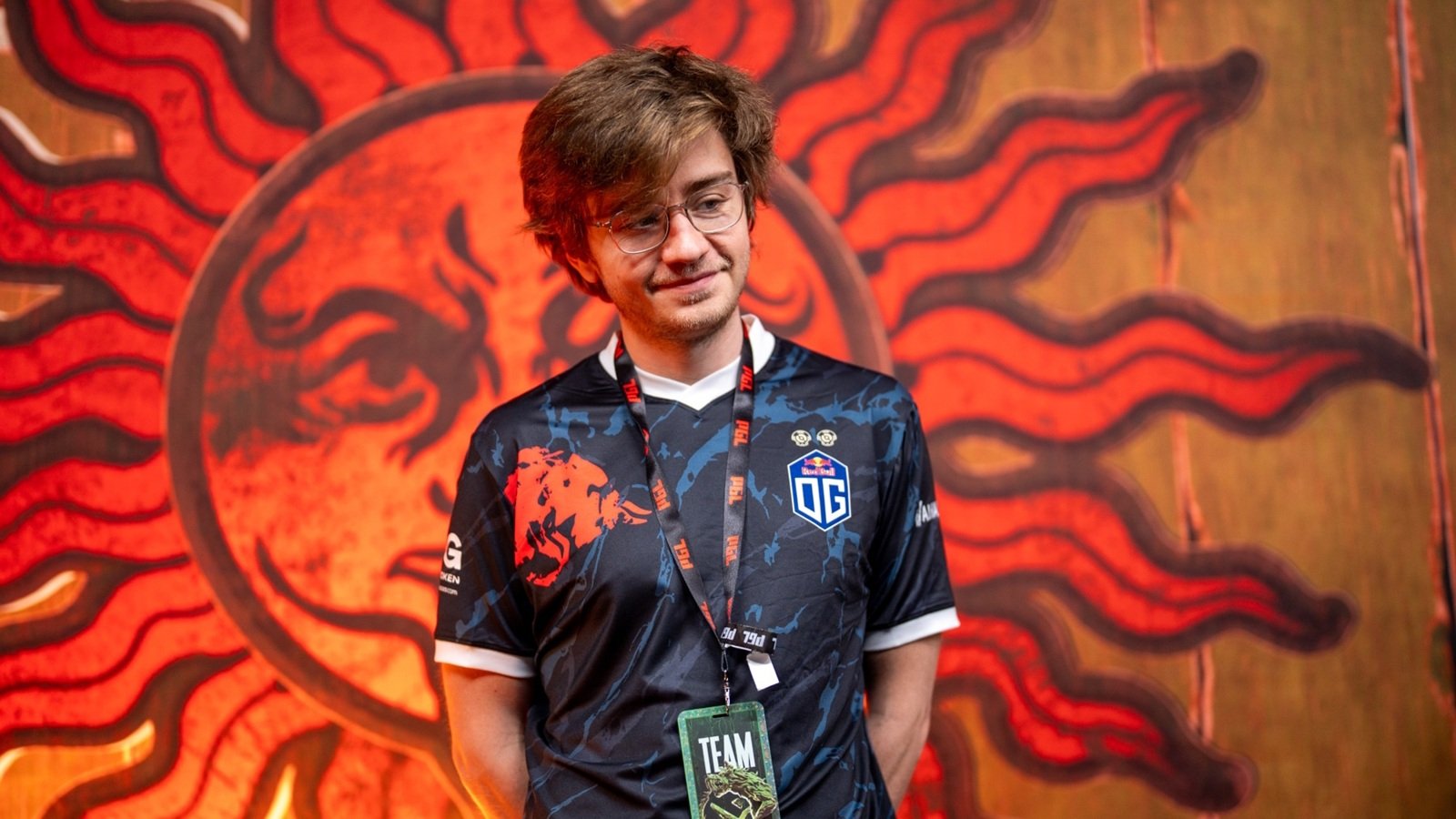
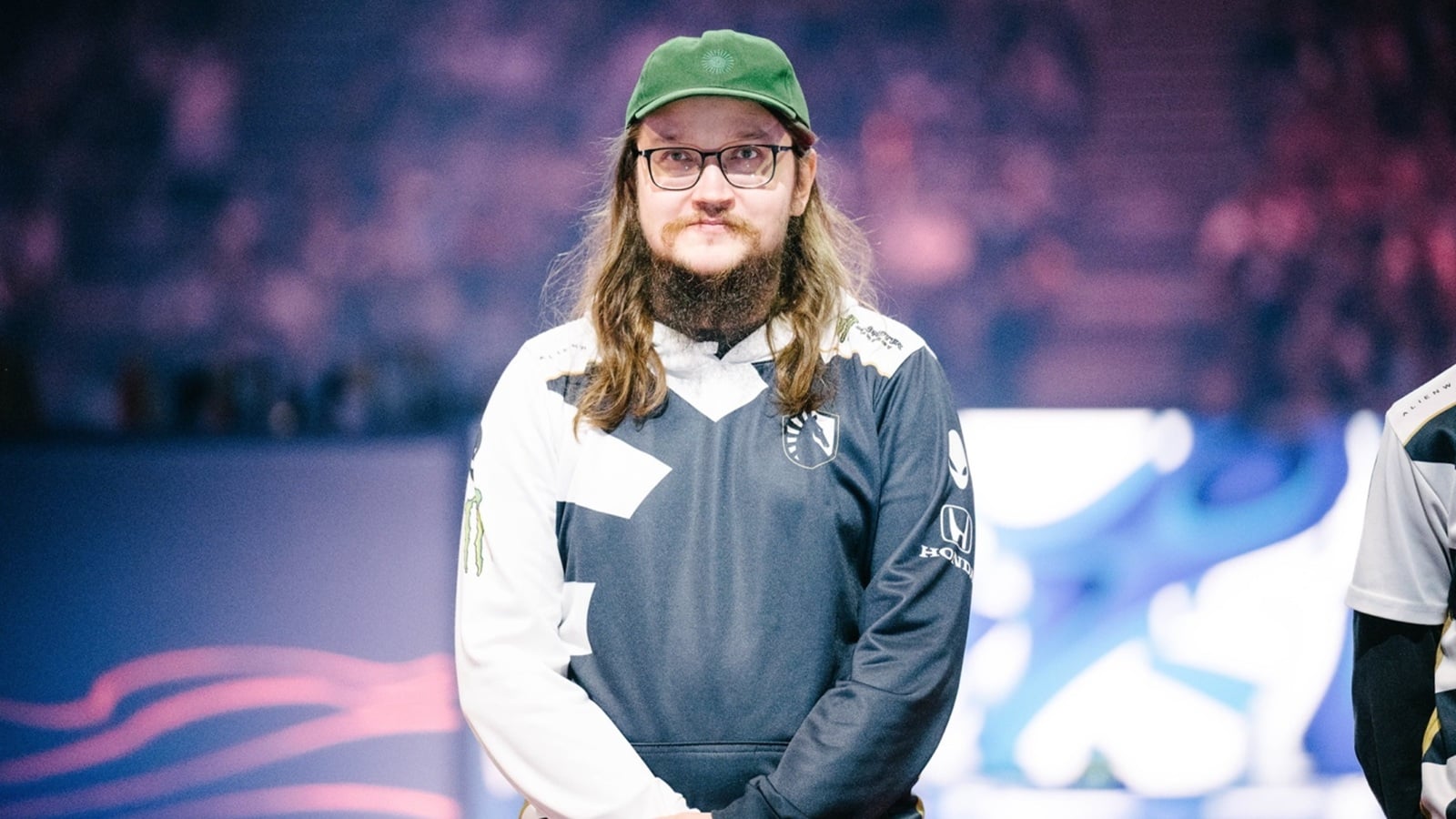

Published: Aug 7, 2019 02:43 pm